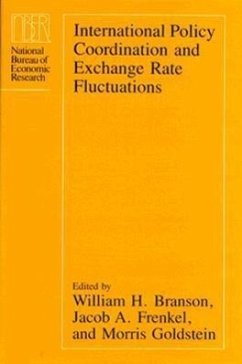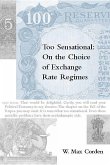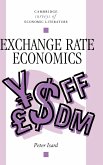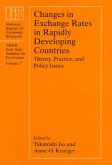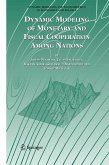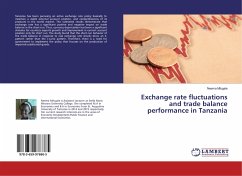Since the five largest industrial democracies concluded the Plaza Agreement in 1985, the theory and practice of international economic policy coordination has become the subject of spirited academic and public-policy debate. While some view policy coordination as crucial for the construction of an improved international monetary system, others fear that it risks delaying or weakening the implementation of macroeconomic and structural policies. In these papers and comments, prominent international economists consider past and present interpretations of the meaning of international policy coordination; conditions necessary for coordination to be beneficial both to the direct participants and the global economy; influential factors for the quantitative impact of coordination; obstacles to coordination; the most--and least--effective methods of coordination; and future directions of the coordination process, including processes associated with greater fixity of exchange rates. These studies will be readily accessible to policymakers, while offering sophisticated analyses to interested scholars of the global economy.
Hinweis: Dieser Artikel kann nur an eine deutsche Lieferadresse ausgeliefert werden.
Hinweis: Dieser Artikel kann nur an eine deutsche Lieferadresse ausgeliefert werden.

